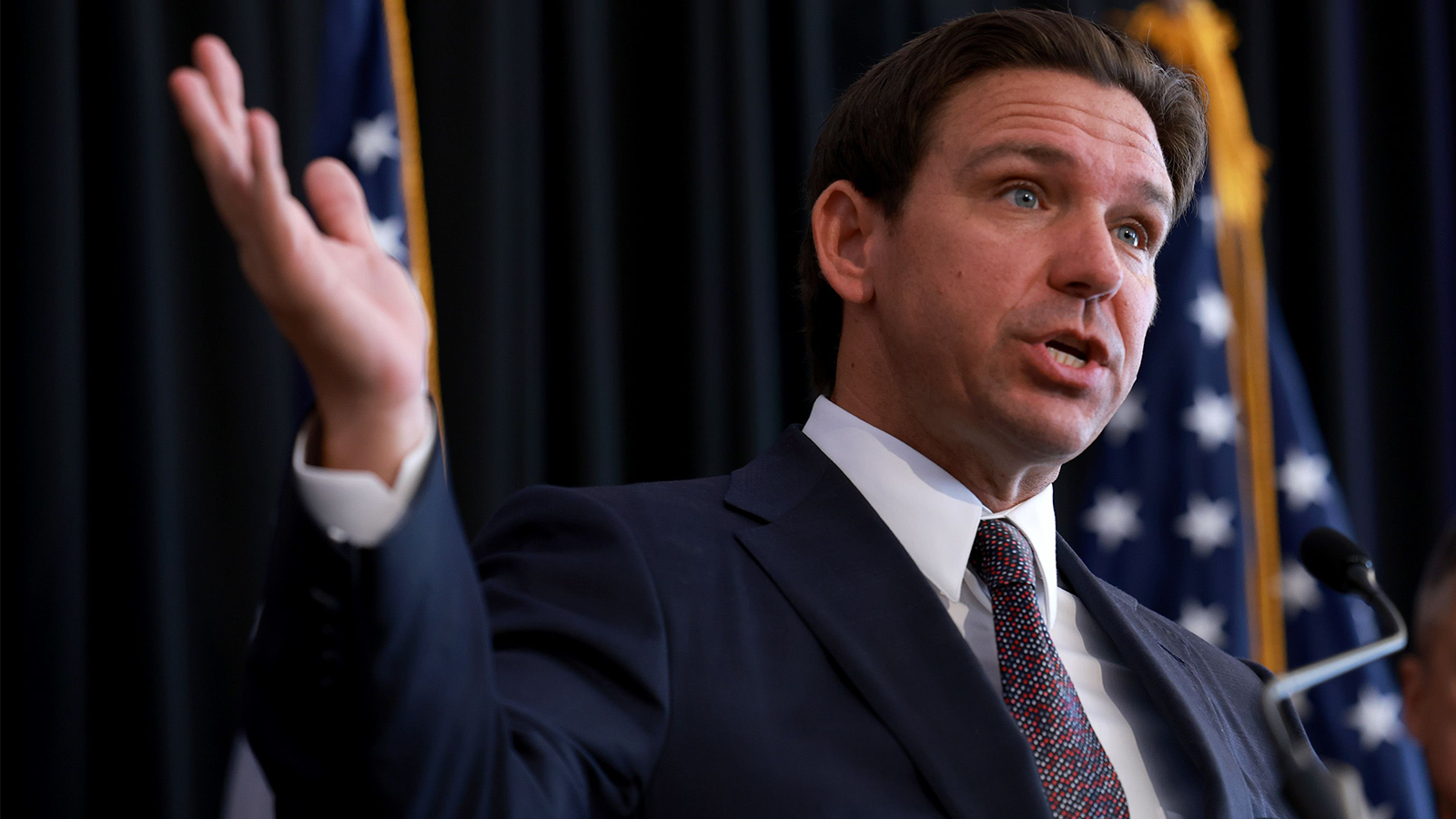If you’ve been following the Republican presidential primary over the past year, you may have noticed that Ron DeSantis’s campaign has completely flopped. According to FiveThirtyEight, his polling average for the Republican primary managed to climb within 10 percentage points of Trump in January, but the gap has now widened to more than 40 points.
How did this happen? Heading into 2023, all the factors seemed to align for the Florida governor. Trump was losing favor with the Republican establishment as a result of his numerous legal challenges and his poor endorsements during the congressional midterm elections. Conservative media outlets, especially those owned by Australian tycoon Rupert Murdoch, were starting to give DeSantis favorable coverage over Trump. An ecstatic New York Post had branded him “DeFuture” following his landslide victory in the Florida gubernatorial election. Everything seemed to be going his way, so what happened?
Starting with the obvious mistake, DeSantis simply announced his campaign too late. He was hesitant to capitalize on the wave of support for him near the end of 2022, instead opting to wait until late May of this year to formally announce his presidential candidacy. Some speculate that he was waiting for certain pieces of hyper-conservative legislation to pass in Florida before officially starting his campaign so that he could tout them as part of “his accomplishments.” These include a 6-week abortion ban, restrictions on the teaching of gender identity in schools, and looser regulations on concealed weapons. However, according to Reuters, these pieces of legislation only turned away major donors for DeSantis’s campaign, who worried that they would “turn off moderate voters and make DeSantis unelectable.” This was a major miscalculation from DeSantis’s campaign, as Trump was given the time to rebound as a strong candidate while DeSantis was left looking weak and indecisive.
Another reason for DeSantis’s failure of a campaign is his perceived lack of charisma, which has hindered his ability to meaningfully connect with voters and get his message across. He has been described as “a meatball,” “a robot acting like a human,” and as having “the personality of a piece of paper.” The core of his campaign seems to recognize the problem this presents to his election chances: In a leaked video of DeSantis preparing for a debate, one of his advisors instructs him to write “LIKABLE” at the top of his notes as a constant reminder on the debate stage. However, DeSantis’s effort to be more likable has led to a few painfully contrived moments. In one instance, DeSantis unnaturally erupted in laughter in response to a joke made by a potential voter. In another, he awkwardly attempted to smile on the stage of the first Republican primary debate but forgot that eyes also needed to show emotion while doing so. This awkward behavior stands in stark contrast to Trump, who, as Business Insider India points out, is “a trained TV personality who relishes in political theater.”
All these mistakes aside, if Ron DeSantis wants to pull together his struggling campaign, he must face what he has avoided for so long – directly criticizing his main competitor for the Republican nomination, Donald Trump. Recent polling shows that DeSantis stands a chance against Biden in a hypothetical general election matchup; however, he is getting completely swept away by Trump in polling for the Republican primary. For the longest time, DeSantis has been marketed as nothing more than the best alternative to Trump, who was falling out of favor with the Republican establishment. However, now that Trump has resurged in popularity, DeSantis must find a clear and decisive pitch to make to voters over why he should be preferred over the former president. Otherwise, this ambitious Florida governor might just have to wait another four years.





